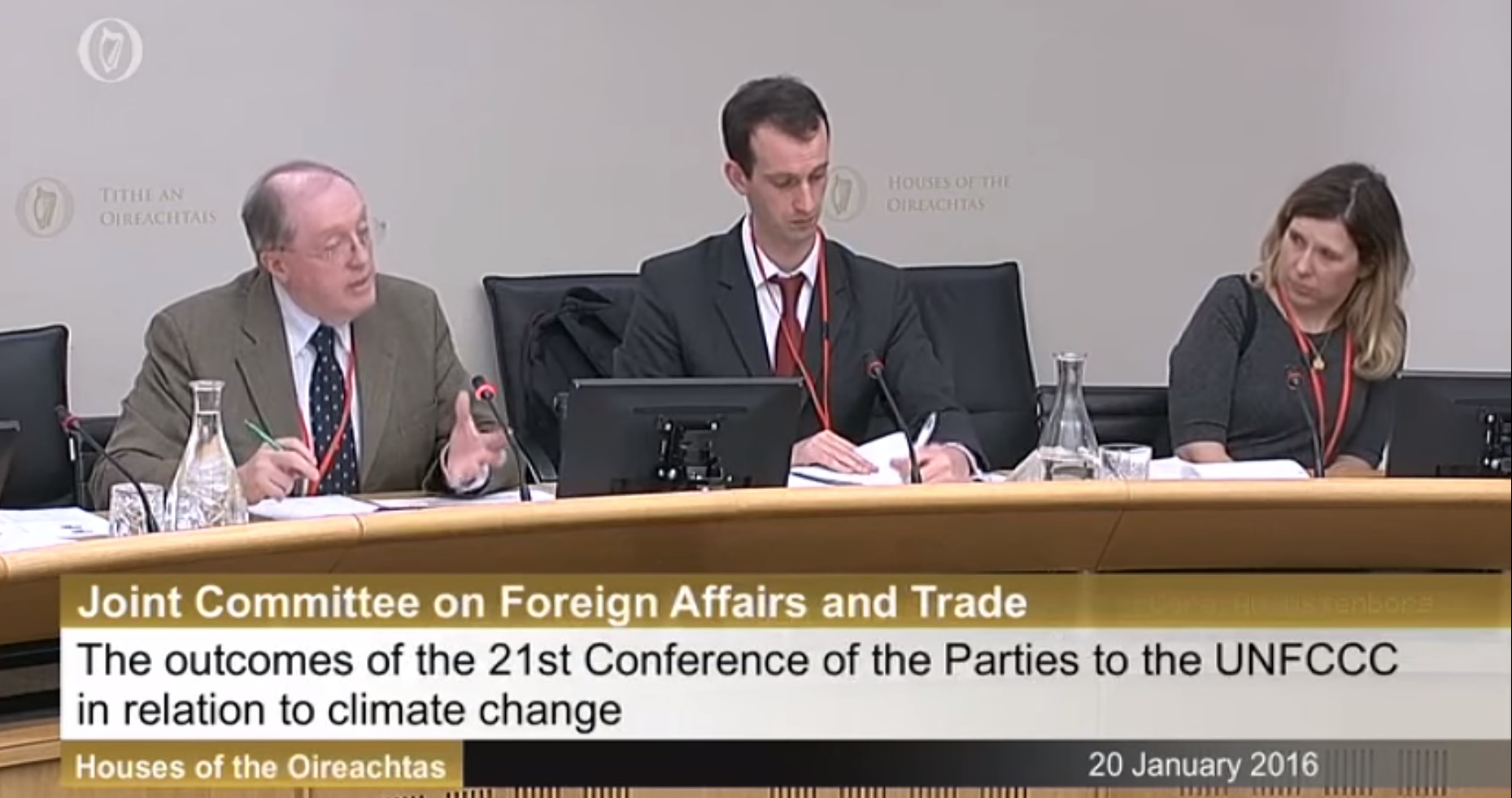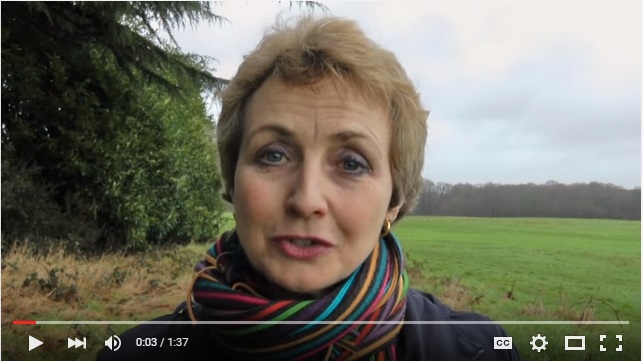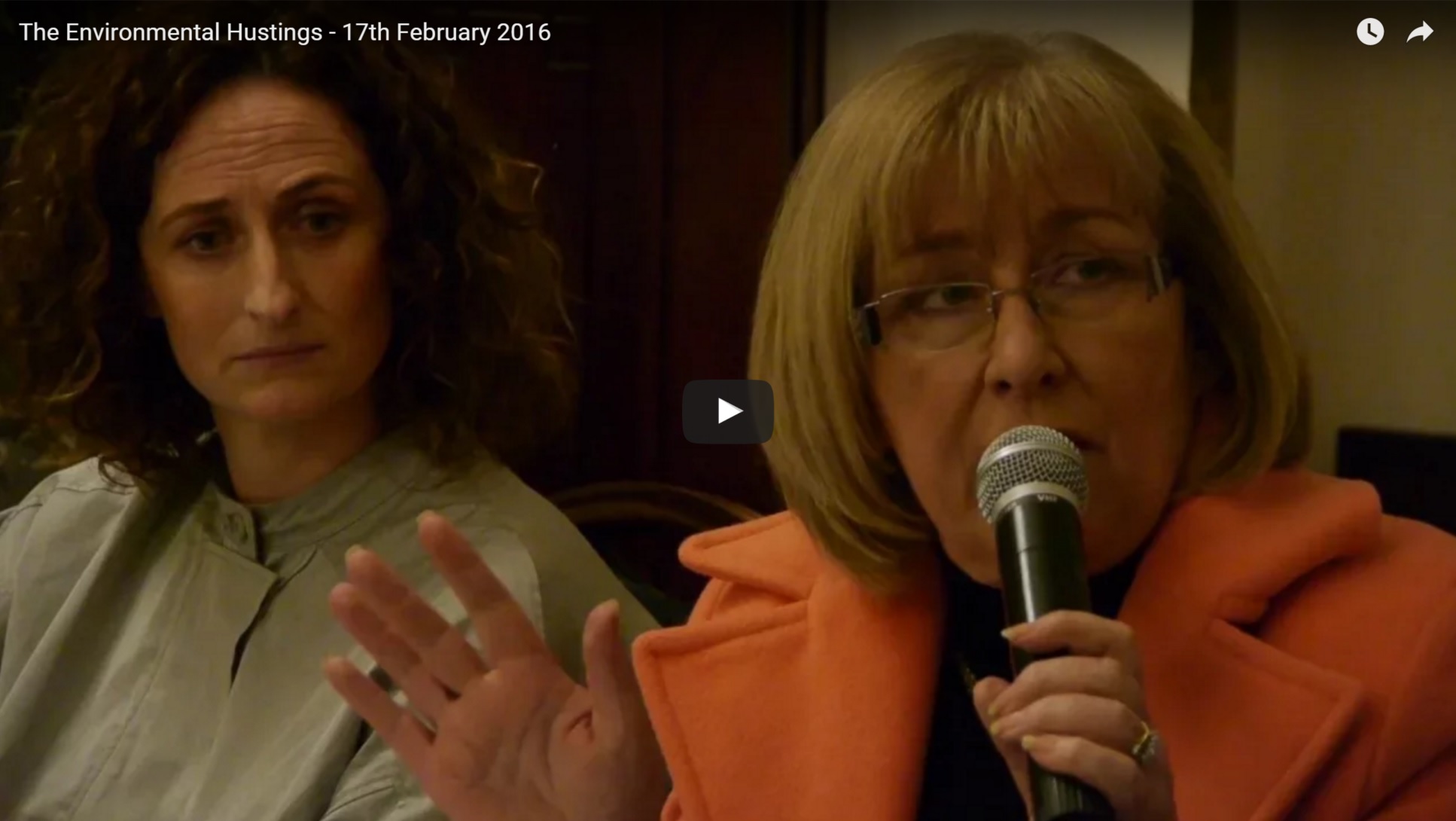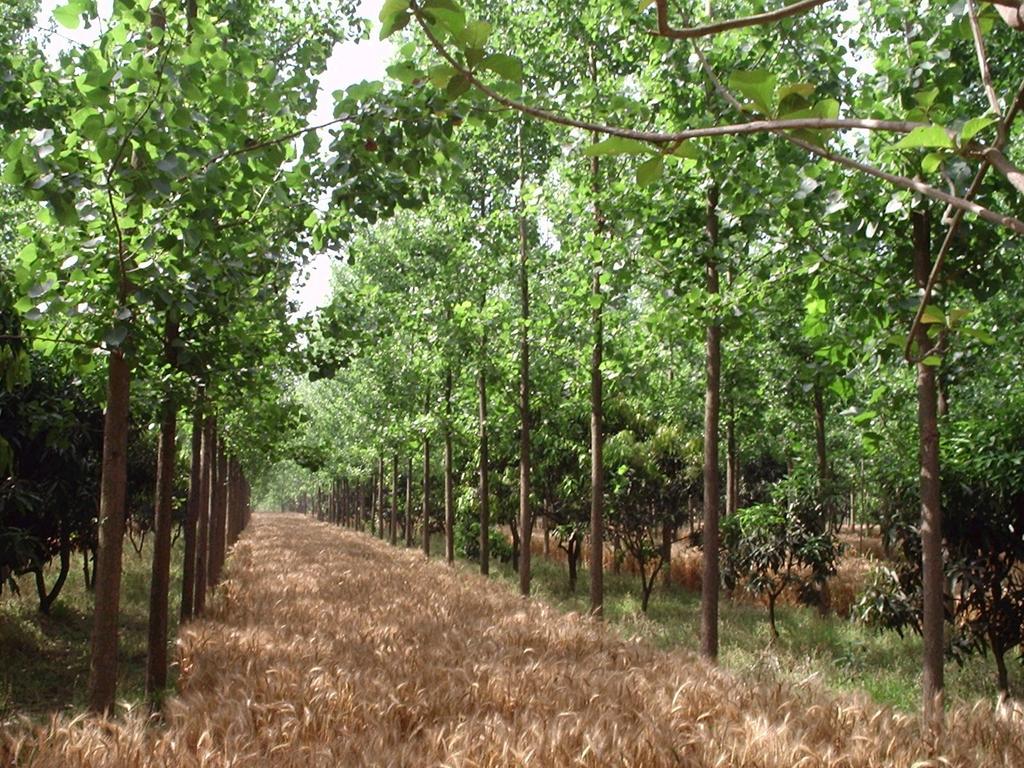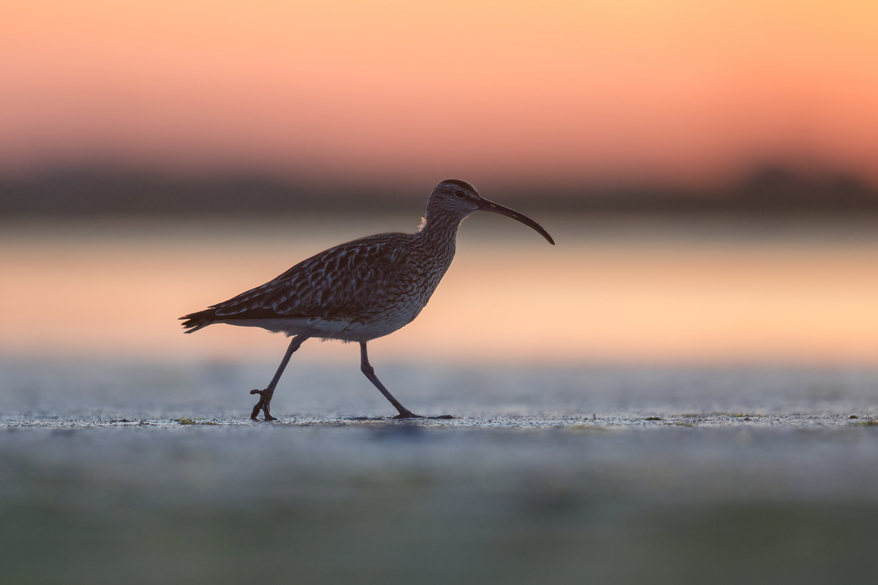Shocking Climate Change denial aired on RTE during Claire Byrne Live

June 3rd, 2017
A segment on Climate Change which aired on the Claire Byrne Live RTÉ One last week has caused controversy and uproar among Irish environmentalists. The segment, set up as a two-panel debate, lent undeserved credibility to climate-change deniers. Based on a somewhat dubious poll, Claire Byrne questioned the degree to which the general public accept the conclusions of climate science.
Duncan Stewart, environmentalist and presenter of RTE’s Eco-Eye and columnist Victoria White found themselves asked to debate the validity of climate science against climate contrarians with a vested interest in maintaining the status-quo. The climate-contrarian panel included former editor of the Irish Farmer’s Journal, Matt Dempsey, and Deputy Michael Fitzmaurice, an industrial turf cutter contractor by trade.
Matt Dempsey had previously penned an article in the Irish Farmer’s Journal questioning the degree to which methane contributes to climate change. Dempsey’s article appears to be in anticipation of Irish agriculture being curtailed in an effort to reduce methane emissions.
The controversy
Dempsey reported on a recent lecture by Professor Richard Lindzen, a well-known climate-contrarian, at the launch of a newly formed climate denier group in Ireland called the Irish Climate Science Forum (ICSF).The Guardian reported in June 2016 that Lindzen has been a beneficiary of Peabody Energy, a coal company that has funded multiple groups contesting the climate consensus.
Matt Dempsey went on to expound the benefits of abundant CO2 in the atmosphere such as increased yield and cheap grain, taking his cues from Lindzen’s speech. One thing is certain: cheap grain will not mitigate the effects of climate change. The expounding of such views to the Irish public, and in particular, the agricultural community, is worrying, to say the least.
Mr Dempsey then indicated that a key point of Mt Lindzen’s lecture was the statement that methane produced by cattle and sheep has very little role in whatever global warming is taking place.
Ireland’s most eminent climate scientist, Prof John Sweeney of NUIM, did recently confirm that the Intergovernmental Panel on Climate Change (IPCC) is indeed revising its opinion on methane. However, it’s being revised upwards, as a greater danger than previously understood.
Scientific American reported on the Global Warming Potential (GWP) of methane and how it has been systematically underestimated by stretching the timescale of methane’s impact out over a century. As the article states in layman’s terms: “while CO2 persists in the atmosphere for centuries, or even millennia, methane warms the planet on steroids for a decade or two before decaying to CO2.
In those short decades, methane warms the planet by 86 times as much as CO2, according to the Intergovernmental Panel on Climate Change.” The favouring of a 100-year timescale over say a 20-year timescale is based on convention, there is no scientific reason to favour this longer timescale.
Unfortunately, in spite of the clarity of climate science, contrarians focus on misleading bits of data such as this to convey the impression that there are doubts and inconsistencies in the findings of climate scientists.
And this is how the segment opened: a carefully construed rejection of decades of consensus in climate science based almost entirely on a single contrarian scientist with strong financial ties to the fossil fuel industry. Perhaps, unsurprisingly, the two environmentalists invited to the segment were exasperated.
Michael Fitzmaurice expressed grave doubts when it comes to climate science, stating that there are “some fundamental people on the other side of this argument” who “degrade anybody who has any other opinion”.
[x_image type=”none” float=”none” src=”https://greennews.ie/wp-content/uploads/2017/05/Capture2.jpg” info=”none” info_place=”top” info_trigger=”hover”]
Ambivalent Starting Point
The segment raises serious questions about journalistic ethics and the role of the Irish media in providing a voice – and a national audience – to those with a vested interest in denying the validity of scientific research on climate change.
Claire Byrne vociferously denied that the starting point of the debate had been set at the quest of ‘is climate change real?’, yet defended the right of her respondents to challenge a scientific consensus.
The host again defended the show’s editorial judgement in setting up the segment as a two-sided debate when Victoria White questioned the decision of the national broadcaster to continually set up panels on climate change in this way.
Ms Byrne pointed to the results of a Claire Byrne Live / Amarách Research Panel poll, – which indicated that 34 per cent believe that climate change will not pose a serious threat to the world in their lifetime – as justification for the show’s set-up.
57% believe that climate change will pose a serious threat to the world in their lifetime. @AmarachResearch #CBlive #climatechange pic.twitter.com/wajrtSjM6G
— RTÉ ClaireByrneLive (@ClaireByrneLive) May 22, 2017
But let’s look at the poll’s very poorly worded key question: “Do you believe that climate change will pose a serious threat to the world in your lifetime?” The vocabulary of the poll is so ambiguous that it would be almost impossible to realistically infer anything about the public’s acceptance or non-acceptance of climate scientist’s consensus.
Firstly, the final phrase “in your lifetime” could encompass a timeline of greatly differing proportions from one respondent to the next. For example, an elderly person might reasonably feel that they will not live long enough to see climate change ravage the globe.
Yet, answering this question negatively does not necessarily infer that the respondent must either:
a.) doubt the consensus among climate scientists regarding climate change; or
b.) oppose government policy on environmental issues
Secondly, one person might interpret the terms “a serious threat to the world” as pandemic starvation resulting in the wholesale destruction of natural ecosystems, and another might interpret the issue in far less dramatic ways.
Reactions from Environmentalists
Irish environmentalists have often raised the issue of the little coverage climate change often receives in mainstream Irish media, despite being the biggest environmental challenge humanity has ever faced.
Dr Cara Augustenborg, an environmental scientist and Chairperson of Friends of the Earth Ireland, told The Green News that it is “contrived to be a 50:50 debate with half the (non-scientist) panel representing the views of deniers”.
“In reality, 97% of all published climate scientists and every national science academy in the world accepts human-caused climate change as a real and urgent threat to our way of life,” she added.
“The media’s irresponsible portrayal of the existence of climate change as an issue that is still up for debate is wasting the limited, precious time we have left to try and solve the problem.
According to the Pew Research Center, 67% of US adults now believe that climate scientists should play a major role in policy decisions. However, the heavily funded climate denial industry has succeeded in largely partisan gains of convincing Republicans that the climate science consensus does not exist.
It’s very worrying to see these campaigns of disinformation seep into Irish politics, the Irish farming lobby and into the minds of the general public by using public broadcasting as a vehicle to undermine decades of scientific research by attempting to convince the public that there is confusion or serious disagreement on the causes of man-made climate change.
Irish Climate Change Denier Group
In the middle of the section, Claire Byrne spoke to Ray Bates of the Irish Climate Science Foundation, a seemingly respectable name for a closed and climate contrarian organisation. The organization appears to be quite secretive and apart from Ray Bates, himself, it’s unclear who the other members of the group are. John Gibbons reported on the first meeting of the group earlier this month.
[x_image type=”none” float=”none” src=”https://greennews.ie/wp-content/uploads/2017/05/Capture3.jpg” info=”none” info_place=”top” info_trigger=”hover”]
The fact that Claire Byrne so willingly lent an open platform to this thinly veiled, cynical and self-interested nonsense is a poor reflection on the journalistic standards of RTE.
In the light of such a cynical attempt to manipulate public opinion it’s not at all surprising that Victoria White would respond with a pithy condemnation of the entire segment:
I don’t want to give the other side, because we should be beyond this.
Part of the failure in modern reporting that has facilitated the surge in populist and contrarian movements is just this kind of unnecessary and ill-advised division of the platform that benefits contrarians.
Public approval is unfortunately far less scrupulous than scientific data, and it’s easier to confuse than it is to convince. This strategy successfully employed by demagogues is an abuse of the ideally neutral platform of journalism.
To see RTE allow itself to become a vehicle to dupe the public with dubious claims and empty rhetoric as peddled by Matt Dempsey, Michael Fitzmaurice and Ray Bates is nothing less than astonishing.
[x_author title=”About the Author”]
